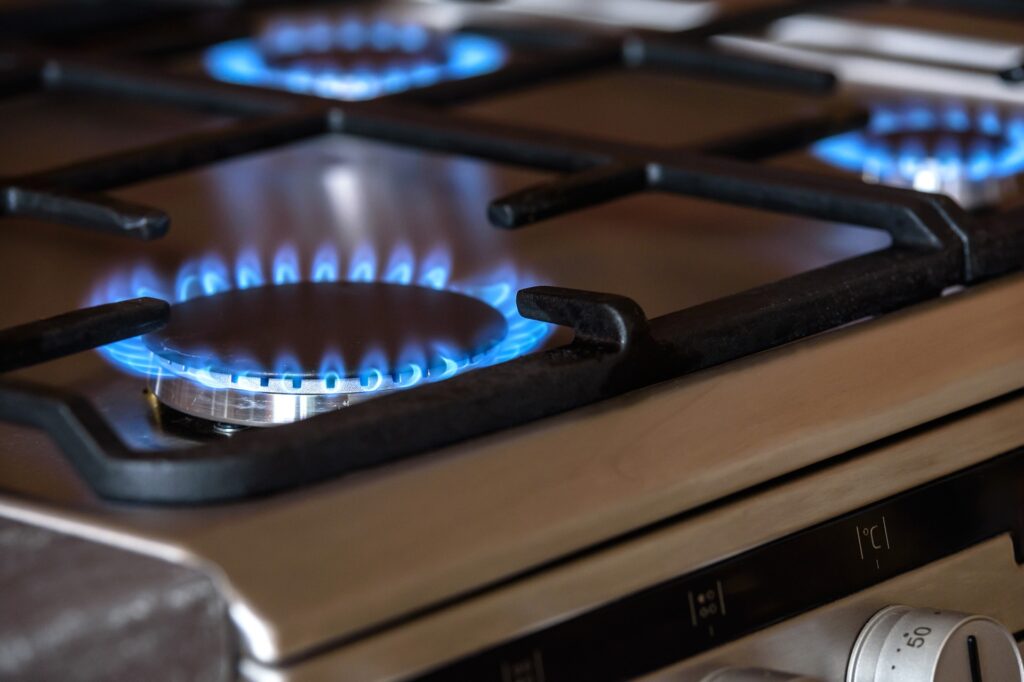Ministers are set to propose switching green levies from electricity to gas, in an effort to encourage the uptake of heat pumps.
The proposals, originally reported in the FT, suggest that the shift would be staggered over the course of ten years and would not impact the overall cost of a dual fuel bill.
Currently, 23% of the cost of electricity is made up of environmental and social obligation costs, with the costs of numerous decarbonisation programmes funded through the levy. However, gas costs include less than 2% of environmental and social obligation costs.
With the ban on the installation of new gas boilers set for 2035, and of petrol and diesel cars set for 2030, there is mounting pressure to rethink the structure of green levies.
Speaking to Current± a BEIS spokesperson said: “We want to encourage people to take up technologies such as heat pumps and electric vehicles. Affordability for consumers and taxpayers will be at the heart of our approach, as will ensuring protections remain in place for the most vulnerable.”
“No decisions have been taken on our approach,” they added.
It follows the government announcing its intention to launch a Call for Evidence on Energy Consumer Funding, Fairness and Affordability in the December 2020 energy white paper.
Calls from industry have been growing over the last year to shift environmental levies from electricity – which is increasingly green as the share of renewables grows and coal is consigned to the history books – and onto gas. If the UK is to hit net zero by 2050, the domestic heating system needs to transition to zero carbon solutions as heating homes currently accounts for 17% of emissions, hot water 4% and cooking 2%.
In June, environmental consultancy Third Generation Environmentalism called on the government to introduce a ‘Fair Heat Deal’ to make it more attractive to move from fossil fuel boilers to clean heat pumps, key to which was a shift in the burden of environmental levies.
This built on a call in February from a group of utilities called for changes to “outdated” gas and electricity levies to decrease costs of electrified heating, arguing it could save the poorest households more than £100 a year.
“Removing levies from low carbon electricity is necessary to help households make the switch from gas boilers to climate friendly electric heat pumps,” CEO of OVO Adrian Letts said in response to the suggestion ministers are now proposing the switch today.
“We need to make clean heat the cheaper choice and show consumers that a zero carbon home is ultimately a more valuable home. The focus now must be on ensuring we effect this transition while protecting vulnerable consumers.”
A report from the UK Energy Research Centre in 2020 found that at its current rate it will take the UK 700 years to transition to low-carbon heating for example. A number of challenges have hampered efforts to transition thus far, including the relative low cost of gas in comparison to electricity.





